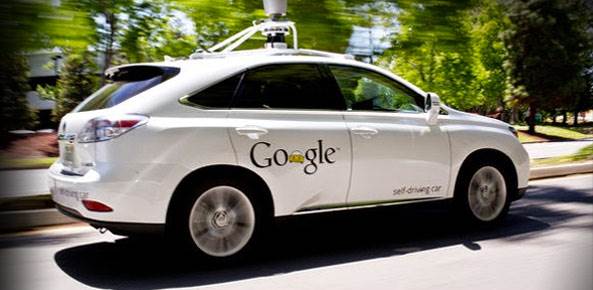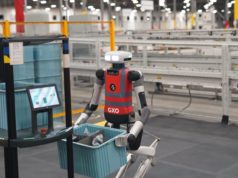
U.S. Guidelines on Driverless Cars Offer Some Direction on Future Policy
At a Tuesday morning news conference, U.S. Transportation Secretary Anthony Foxx described the 116-page policy document as “the most comprehensive national automated vehicle policy that the world has ever seen.”
However, he added that the policy is a “living document” and leaves room for “more growth and changes in the future.”
“One of reasons we take great pains not to be so prescriptive” is because the technology is “dynamic” and changing fast, he said, so the government needs to be “flexible.”
In the document, the National Highway Traffic Safety Administration emphasized that it did not intend to write the “final word on highly automated vehicles” with these guidelines.
“Rather, we intend to establish a foundation and a framework upon which future agency action will occur,” the agency wrote.
The document outlines a “15-point safety assessment” letter that manufacturers and researchers will be asked to submit to the agency explaining how the vehicle and its technology address issues such as vehicle cybersecurity and system safety. Eventually, this could become a mandatory report.
It also describes a model state policy for regulation of driverless vehicles.
The U.S. Department of Transportation will be responsible for regulating the hardware and software that’s doing the driving — in other words, federal regulations must be followed when the car is being driven by the software. When humans are driving, “state laws apply,” Foxx said Tuesday morning.
States will be responsible for designating a lead agency in charge of self-driving vehicle testing, as well as a committee focused on automated safety technology.
They will also be responsible for determining liability rules for driverless vehicles, establishing a plan to limit potential driver distraction and determine which party needs to have motor vehicle insurance — the manufacturer, the owner, the operator or the passenger.
NHTSA also floated further ideas for regulation — including the possibility of pre-market approval in which the agency would test the self-driving vehicle prototype to make sure it meets all standards, rather than manufacturer certification.
The Department of Transportation said it plans to release the first revision of these policies “sometime within the next year” and was looking to get public and industry input on the guidelines.
The federal government has long lagged behind automakers’ progress in developing self-driving vehicle technology.
Self-driving Uber vehicles are already roaming through the streets of Pittsburgh. And Ford has said it would put driverless cars on the road by 2021, at which time ride-hailing firm Lyft said a majority of its vehicles would also be driverless.
© 2016 Los Angeles Times under contract with NewsEdge. -.







